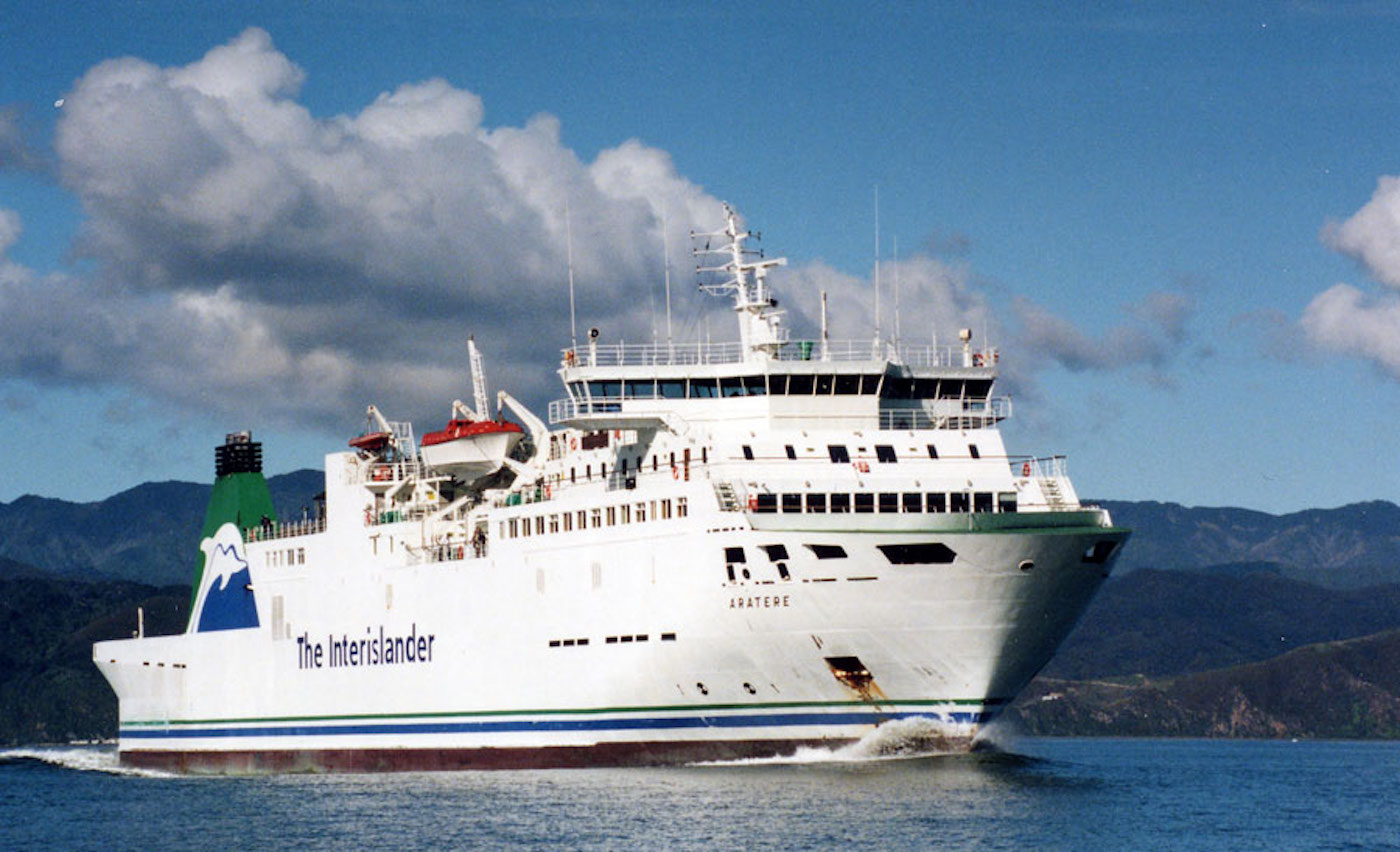Stuart Smith
National MP
Kaikoura
The condition of our infrastructure has reached a critical point where it is significantly affecting our economy – particularly evident with ferry services in the Cook Strait.
Prior to 2002, Interislander was the only road, rail and passenger option on the Cook Strait. The introduction of StraitNZ brought much-needed competition to the route.
Unfortunately, one of Interislander’s ships the Kaitaki has had a significant breakdown and one of StraitNZ’s ships the Feronia is in drydock. [This] has disrupted sailings for weeks, highlighting the vulnerability of our transport links.
While both companies are doing their best, a combination of mechanical failure and bad luck came together to disrupt services. What really made the situation worse than it needed to be, is the lack of a drydock in New Zealand.
All ships have to be serviced periodically in a drydock, which is scheduled well ahead of time to manage any disruption. The nearest drydock is the Australian Navy’s Garden Island facility in Sydney, where naval ships have priority.
All this came to a head early this year when [a] StraitNZ ship’s drydock service was suddenly rescheduled from the winter months to February. Unfortunately, this is not the first time this has happened and highlights the need for vital infrastructure onshore in New Zealand.
There has been some work done on a drydock project, with the only two serious options being Shakespeare Bay in Picton, or Northport in Whangarei. Unfortunately, potential developers have unwittingly made it a political issue, seeking a ‘use contract’ from the largest potential customers: the New Zealand Navy and Interislander, both essentially controlled by the government.
There is no doubt that a drydock will bring high-paying jobs to either Whangarei or Picton, and that is where the politics of self-interest come in.
The decision of where the best option is to build a drydock should be determined through a robust assessment process and we should get on with it as soon as possible, rather than [going] through the current pork barrel political process.
In the meantime, the disruption in ferry services continues and, unfortunately, there is little that can be done until Kaitaki and Feronia return to service.
But, we should take another look at coastal shipping. Is it sensible to send freight from Auckland and Tauranga to the South Island by road when it could go by sea utilising the Blue Highway?
Yes, the Blue Highway is slower, but we have now moved from a just-in-time supply chain model to a just-in-case. Our infrastructure maintenance and freight costs would drop significantly, as would emissions.
We should turn this crisis around and use it as an opportunity to transform the commercial transport sector.

